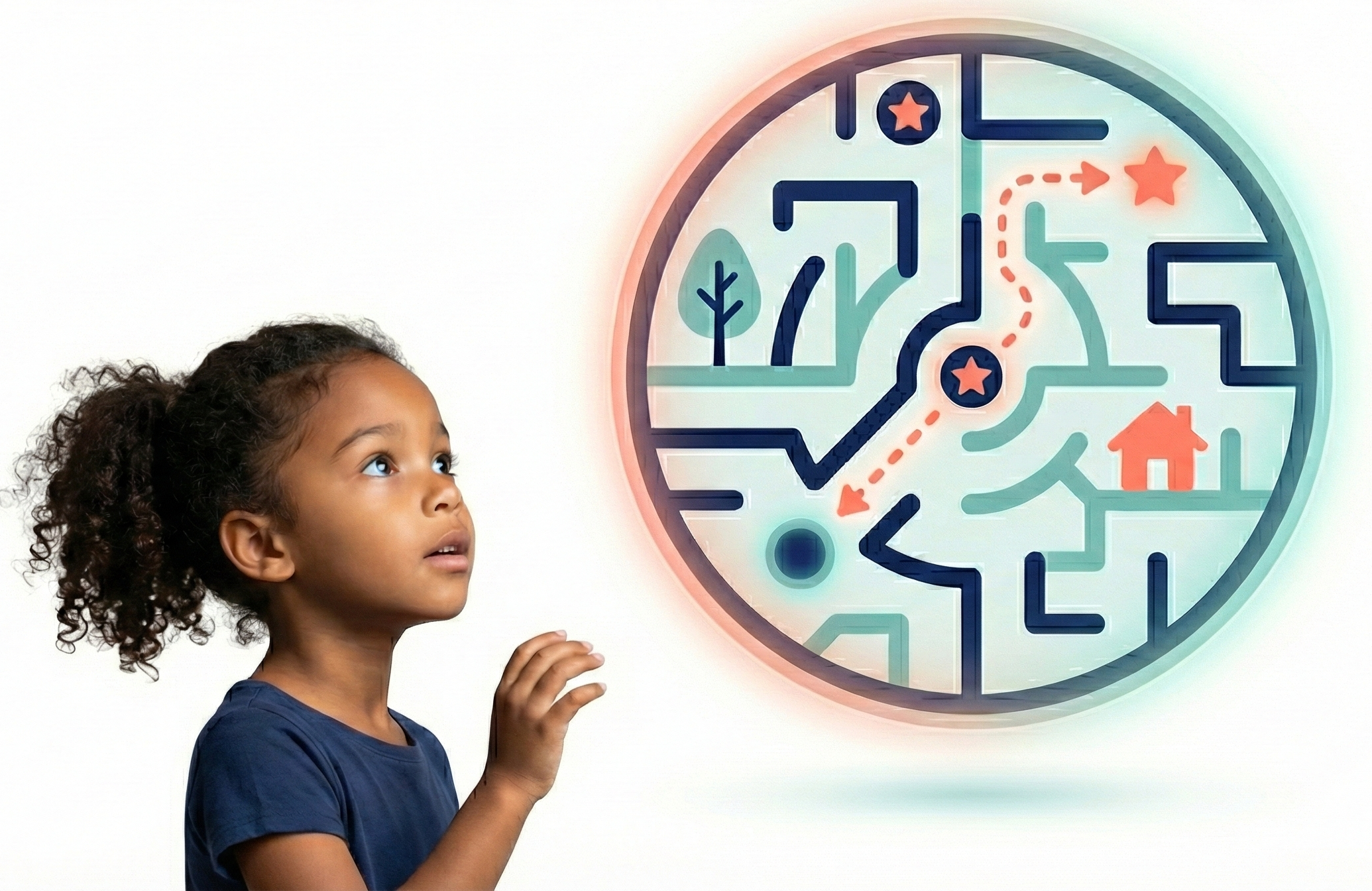Age-related differences in the relationship between sustained attention, associative memory, and memory-guided inference
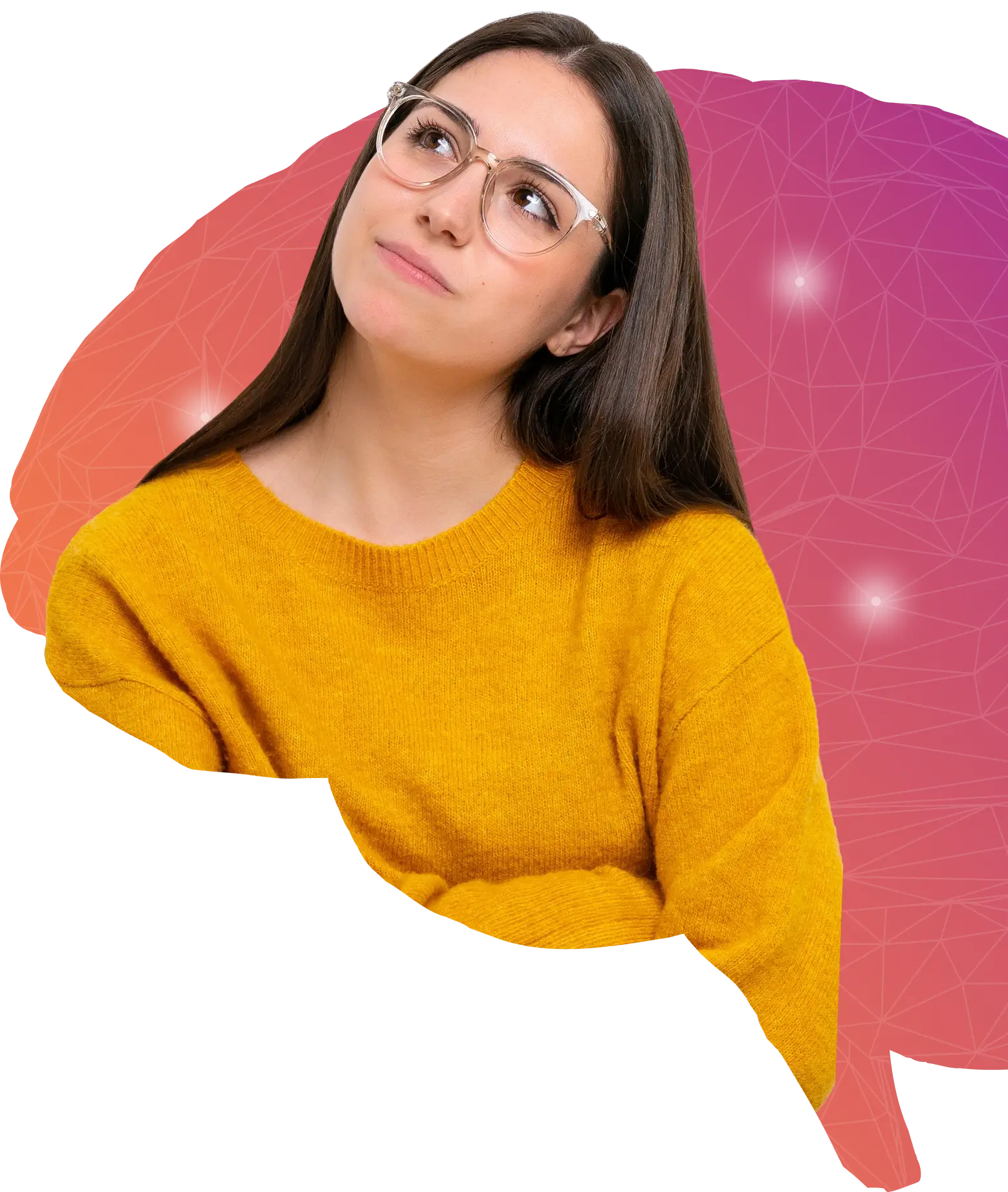
Differentiation of related events in hippocampus supports memory reinstatement in development
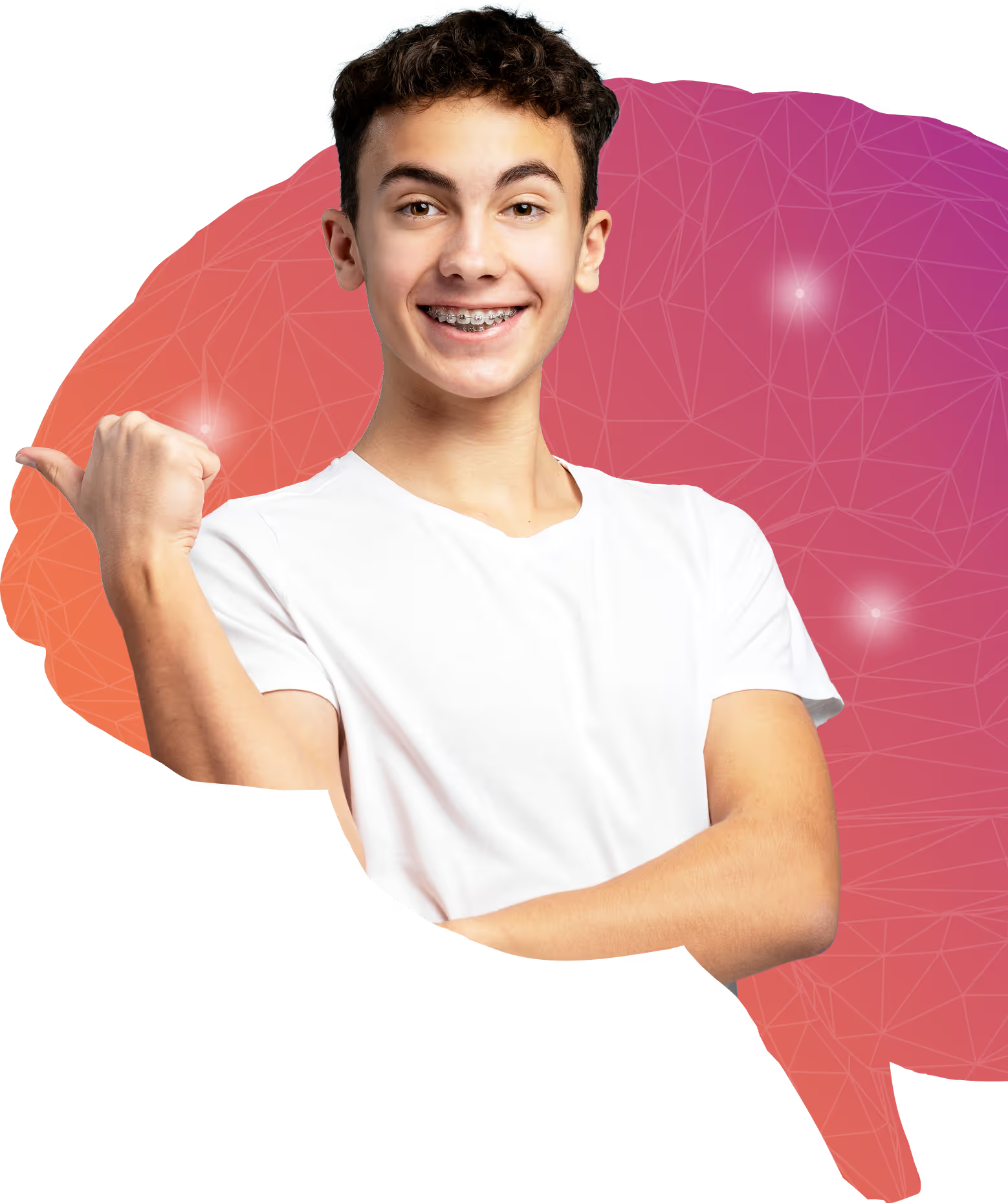
General knowledge and detailed memory benefit from different learning sequences
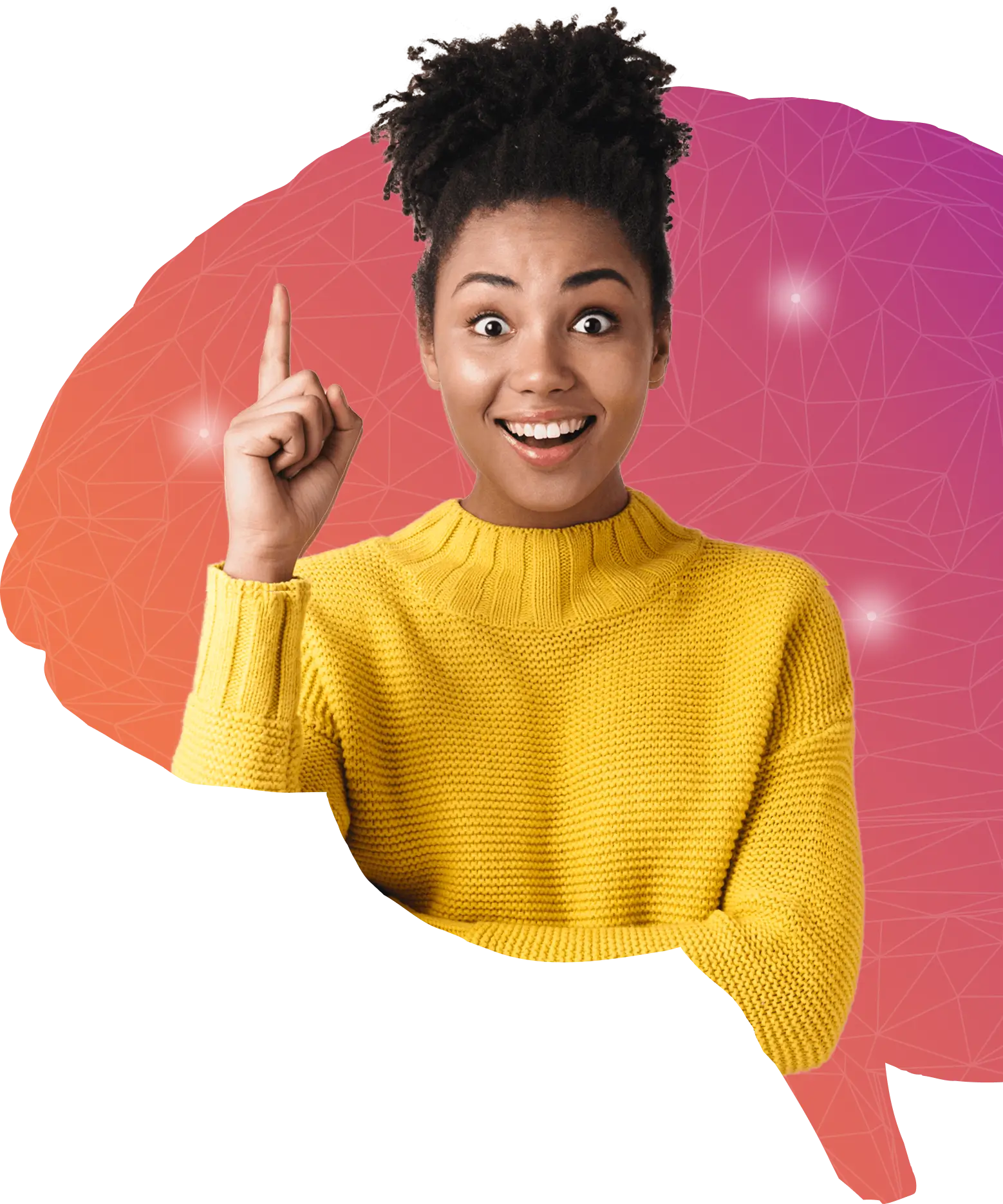
The Preston Lab is a team of research scientists, postdoctoral fellows, and students at The University of Texas at Austin. Led by Alison R. Preston, Ph.D., the lab studies how kids, adolescents, and adults acquire and retain knowledge using cutting edge computational neuroscience techniques.
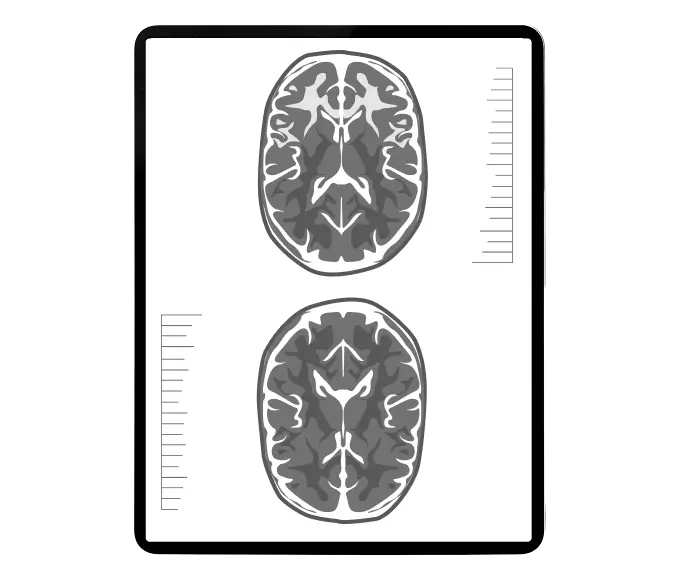

Our Research
At the Preston Lab, we use a combination of behavioral and brain imaging techniques to explore how we form new memories, how we remember past experiences, and how our memory for the past influences how we make decisions in the present.
About Our ResearchKids, Teens & Parents
Are you Interested in how your brain works? We are actively recruiting teens for BrainWave, our study of memory development measuring how the brain changes as teens grow up and how brain development influences learning, memory, and decision making.
About BrainWave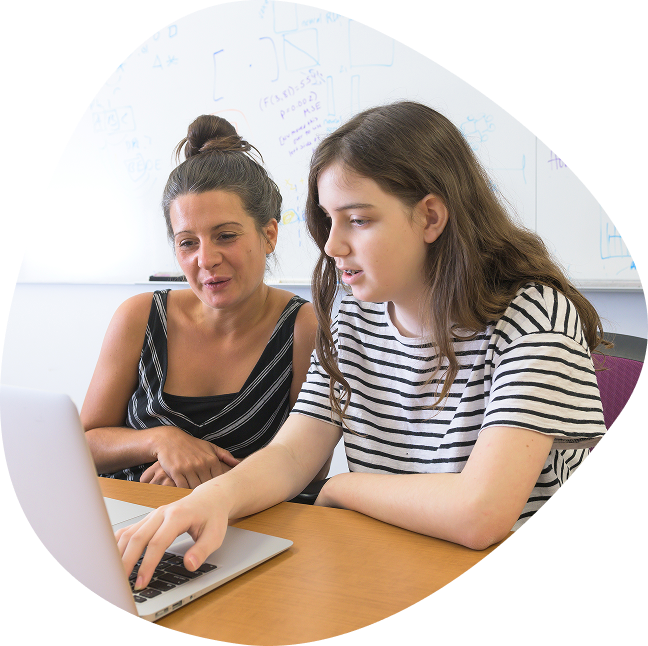

Latest Publications
From studies of memory development to how healthy aging impacts reasoning, there is a lot going on at the Preston Lab. View our scientific papers:
Participate
Are you interested in how your brain works? We are actively recruiting children, adolescents and adults ages 5-95 for our studies of memory development.


